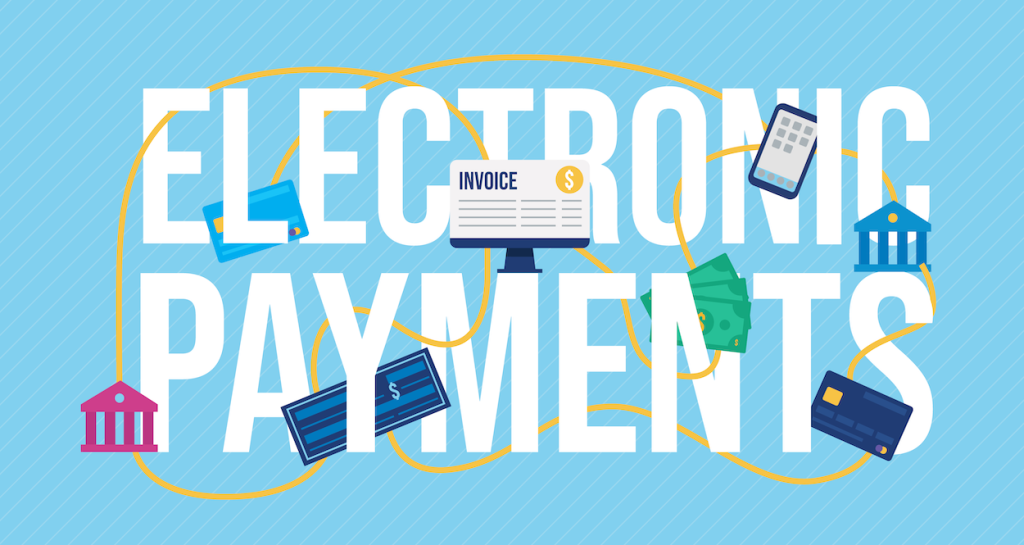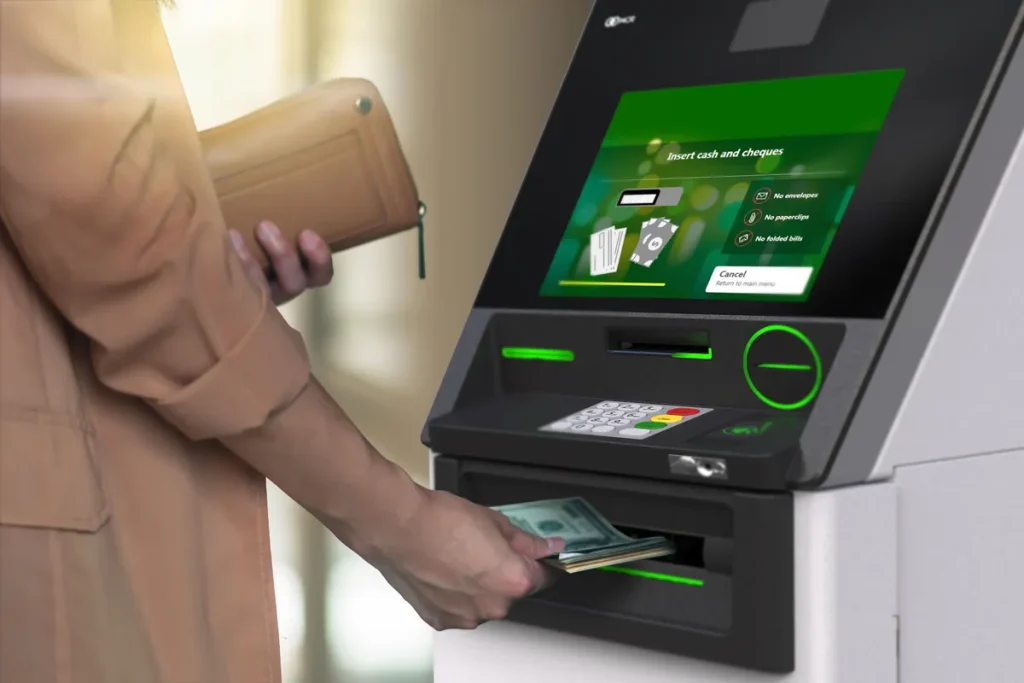In a world driven by digital advancements, cash services continue to play a significant role in streamlining financial transactions. This essay delves into the various aspects of cash services that contribute to the ease and efficiency of transactions in our modern society.

1. Tangibility and Trust
Cash services offer a tangible form of currency that instills a sense of trust and familiarity. In face-to-face transactions, physical cash creates a connection that virtual transactions often lack. This tangible nature of cash fosters confidence and transparency in exchanges.
2. Immediate Settlement
Cash transactions provide immediate settlement, eliminating the need for waiting periods that can be associated with digital payments. This immediacy is especially advantageous in scenarios where prompt payments are required, such as in-person purchases or transactions involving small businesses.
3. Avoiding Digital Complexity
Digital transactions can sometimes be complex, involving multiple steps, platforms, and security measures. Cash services simplify the process by removing the need for electronic devices or connectivity. This straightforward approach appeals to individuals who prefer simplicity in their financial dealings.
4. Privacy and Control
Cash services offer a higher degree of privacy and control over personal financial information. Unlike digital transactions, cash transactions do not leave a digital trail that can be tracked or analyzed. This privacy empowers individuals to maintain better control over their financial data.
Cash services ensure financial inclusion for those who lack access to digital banking or technology. In remote or underserved areas, where digital infrastructure might be limited, cash remains a reliable and inclusive means of conducting transactions.
Empowering Transactions: The Role of Cash Services in Financial Freedom
The evolution of financial technology has brought about remarkable changes, yet cash services remain vital in empowering transactions and fostering financial freedom. This essay explores how cash services contribute to financial empowerment and why they continue to be relevant.
1. Independence and Self-Reliance
Cash services enable individuals to be self-reliant in their financial transactions. Whether it’s making small purchases, paying bills, or engaging in informal exchanges, cash provides a sense of independence from digital intermediaries and electronic platforms.
2. Budgeting and Awareness
Using physical cash encourages better budgeting and financial awareness. People can visually gauge their expenses and allocate specific amounts for different purposes. This tactile approach often leads to more mindful spending and informed financial decisions.
3. Financial Literacy
Cash services can enhance financial literacy, especially for younger generations. Handling cash facilitates a basic understanding of currency denominations, calculation, and the value of money. These foundational skills contribute to a broader comprehension of personal finance.
4. Flexibility in Transactions
Cash services offer flexibility in transactions that may not be feasible with digital options. For instance, some small businesses prefer cash payments due to lower transaction fees, and certain cultural practices involve physical currency. Cash services accommodate these diverse needs.
5. Security in Transactions
The physical nature of cash provides security against digital threats like hacking and cyber fraud. With cash, the risk of personal data breaches is minimized, ensuring a level of security that appeals to individuals concerned about the safety of their financial information.

The Realities of Cash Services: Efficiency and Accessibility
Amidst the digital revolution, the realities of cash services continue to highlight their efficiency and accessibility in financial transactions. This essay explores how cash services streamline transactions while maintaining accessibility for various segments of society.
1. Instant Gratification
Cash services offer instant gratification by facilitating immediate exchanges. This is particularly advantageous in face-to-face transactions, where individuals can finalize payments promptly without relying on electronic platforms.
2. Bridging the Digital Divide
Cash services bridge the digital divide that can marginalize certain groups. In regions with limited digital access or among individuals who prefer tangible transactions, cash ensures that no one is excluded from participating in the economy.
3. Reduced Dependency on Technology
In a world dependent on technology, cash services provide a way to conduct transactions without reliance on digital infrastructure. This proves invaluable in situations where digital systems may fail due to technical issues or connectivity problems.
4. Financial Inclusion
Cash services support financial inclusion by catering to individuals who lack access to traditional banking services. For the unbanked or underbanked, cash services offer a means to engage in economic activities, make purchases, and manage their finances.
5. Cultural and Social Norms
Cash services respect cultural norms and practices. In some communities, cash gifts, donations, and customary transactions are deeply embedded in social traditions. Cash services uphold these customs, allowing individuals to engage in familiar financial practices.
In conclusion, the role of cash services in streamlining transactions and ensuring accessibility remains pivotal in the modern financial landscape. Their tangibility, immediate settlement, simplicity, privacy, and ability to empower individuals contribute to their enduring relevance in our increasingly digital world.























Discussion about this post